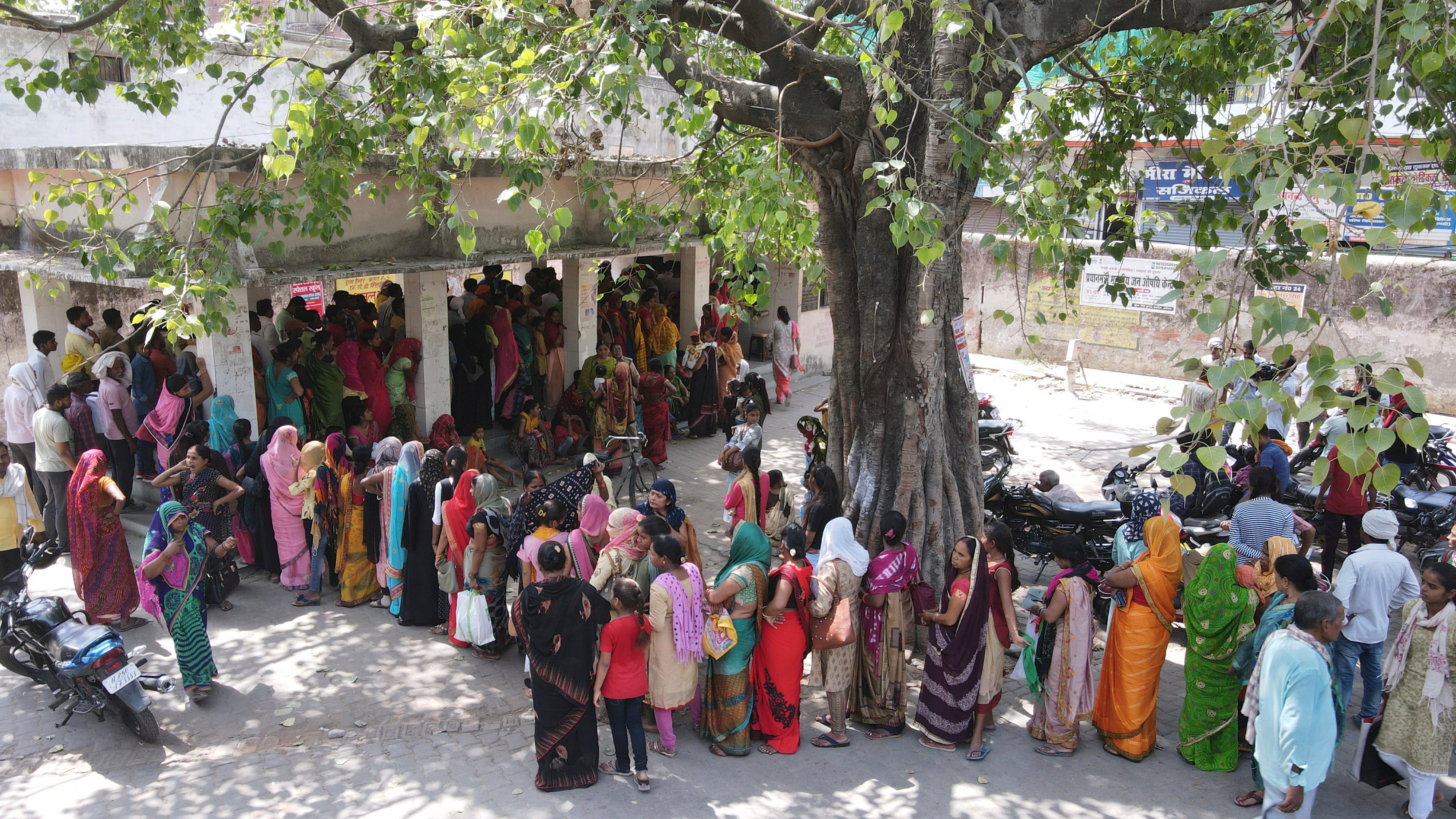The 1% generates as much carbon pollution as two-thirds of the planet
‘Plundering and polluting’ super rich responsible for enough emissions to ‘cause 1.3 million deaths’, report says
Your support helps us to tell the story
From reproductive rights to climate change to Big Tech, The Independent is on the ground when the story is developing. Whether it's investigating the financials of Elon Musk's pro-Trump PAC or producing our latest documentary, 'The A Word', which shines a light on the American women fighting for reproductive rights, we know how important it is to parse out the facts from the messaging.
At such a critical moment in US history, we need reporters on the ground. Your donation allows us to keep sending journalists to speak to both sides of the story.
The Independent is trusted by Americans across the entire political spectrum. And unlike many other quality news outlets, we choose not to lock Americans out of our reporting and analysis with paywalls. We believe quality journalism should be available to everyone, paid for by those who can afford it.
Your support makes all the difference.The carbon emissions of the world’s richest 1 per cent are equal to those of five billion people, or two-thirds of the global population, a new report has found.
The 1 per cent - comprising 77 million individuals globally - were responsible for a staggering 16 per cent of global emissions in 2019, according to a report from Oxfam on Monday.
This amount surpasses the combined emissions of car and road transport worldwide, and is enough to cause 1.3 million excess deaths due to heat by 2030, a grim toll equivalent to the population of Dublin.
The assessment reveals the stark difference between carbon footprints of the super-rich, whose lifestyles are driving the global climate crisis, and the poor and middle classes which suffer the most from its impacts.
“The super-rich are plundering and polluting the planet to the point of destruction and it is those who can least afford it who are paying the highest price,” said Chiara Liguori, Oxfam’s senior climate justice policy adviser.
The authors said it would take about 1,500 years for someone in the bottom 99 per cent to produce as much carbon as the richest billionaires do in a year.
“This is fundamentally unfair,” Ms Liguori added.
Among the report’s key findings were:
- Since the 1990s, the richest 1 per cent have burned through more than twice as much carbon as the bottom half of humanity.
- The carbon emissions of the richest 1 per cent are set to be 22 times greater than the level compatible with the 1.5C goal of the Paris Agreement in 2030. By contrast, the emissions of the poorest half of the global population are set to remain at one-fifth of the 1.5C compatible level.
- Every year, emissions of the 1 per cent cancel out the carbon savings coming from nearly one million wind turbines.
- The death toll from floods is seven times higher in the most unequal countries compared to more equal ones.
- The richest 10 per cent accounted for half (50 per cent) of emissions.
The report comes just two weeks before the 28th United Nations Climate Summit (Cop28) in Dubai where world leaders will gather to discuss the impacts of the climate crisis and set targets to deal with it.
Researchers involved in the assessment say they studied consumption patterns of different income groups, their lifestyles and investments.
The authors say inequality and the climate crisis are “inextricably linked” and “fueling one another”.

While the rich are better placed to respond or recover from the shocks caused by the changing climate, it is people living in poverty; marginalised groups such as women and Indigenous Peoples; and low-income countries, who have done the least to cause it, who are suffering the worst consequences and are unable to cope.
“Climate change is a burden not shared equally,” Ms Liguori says.
“Like elsewhere, the climate crisis is exacerbating existing inequalities in the UK, and it will continue to do so unless the government accelerates the move to a fossil fuel free future, ensuring the biggest polluters, and those with the most wealth, are the ones who foot the bill.”
She asked the UK government to tackle the twin crises of inequality and climate change by “targeting the excessive emissions of the super-rich by taxing them more”.

“This would raise much-needed revenue that could be directed to a range of vital social spending needs, including a fair switch to clean, renewable energy as well as fulfilling our international commitments to support communities who are already bearing the brunt of the climate crisis,” she added.
An earlier Oxfam study showed that the UK could have raised up to £23bn in 2022 alone if it had implemented a series of “common-sense taxes” on the UK’s biggest polluters – fossil fuel companies and the extremely rich.
Oxfam also calculated that a global 60 per cent tax on the incomes of the richest 1 per cent would cut emissions by more than the total emissions of the UK and raise £5.2 trillion ($6.4 trillion) a year to pay for the transition away from fossil fuels to renewable energy.
Join our commenting forum
Join thought-provoking conversations, follow other Independent readers and see their replies
Comments